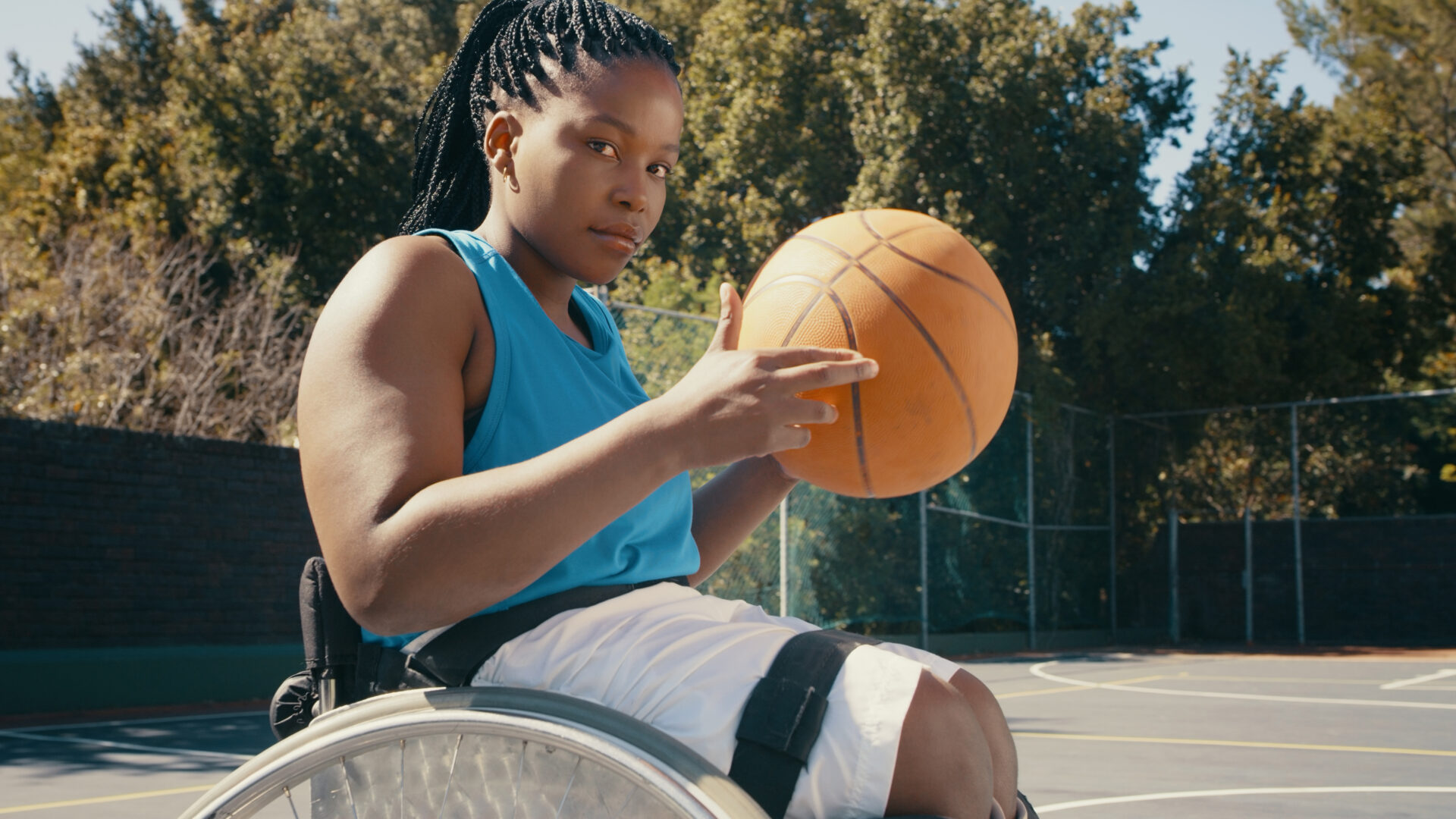
2021 was historical for Black athletes. With Simone Biles stepping back for her mental health and Naomi Osaka not participating in the 2021 Wimbledon match, the world of sports has opened up a new lane of respect for mental health for our young Black girls in athletics.
As a mother to two teen athletes herself, Dr. LaNail R. Plummer has had front-row seats to the impact of the pandemic on the mental health of young Black athletes. She described the mental health of her children as fluctuating between high motivation and confusion, to feelings of helplessness and hopelessness. “It was sad to watch because as a vulnerable population, they didn’t have autonomy and weren’t in a position to offer many solutions,” she told Girls United. “From the mental health perspective, we saw these young athletes wither away because they didn’t have many options and they were nervous to participate in counseling. However, we’ve been able to normalize the experiences for them, make it fun and relatable, and developmentally appropriate for their age and culture, as athletes and more.”
WNBA player Moriah Jefferson chimed in to share her thoughts on the aforementioned Olympians sharing their mental health journeys with the world. “As a professional athlete, it is not easy letting the outside world into our personal lives. What Simone Biles and Naomi Osaka did took a lot of bravery and courage,” the Dallas Wings point guard told GU. “I believe the decisions they make will help future athletes to come to continue to put themselves first and prioritize their mental health over everything else.”
Dr. Plummer encouraged young athletes to manage their mental health as they would their physical—during the preventative stages. When it comes to training the mind, including establishing boundaries, addressing trauma, dealing with pressure, making decisions, emotional awareness, and intelligence, the world of sports falls a bit short when catering to budding athletic professionals.
Jefferson continued to explain how her experiences as an athlete took a bit of a toll on her mental health. “Many pressures come with being a professional athlete. I understood early on in my collegiate career just how important it was to prioritize my mental health,” she said. “I tried many different approaches, but the one that worked best for me was calming my mind. I started taking 30 minutes a day to shut out the outside world and focus on taking walks, listening to music, and drawing. In doing so, I found that I could perform at a high level and alleviate the stress and pressures of the outside world.”
Now, self-care is an integral part of her day-to-day routine. While her life may be fast-paced, the basketball player doesn’t lose sight of the importance of mental wellness. “It is easy to find that there are not enough hours in the day to take the necessary steps to focus on yourself. Self-care looks a little different for everyone. It’s about finding the techniques that work best for you to bring yourself peace of mind every day,” Jefferson said. For the two-time all-American, the hacks that she uses include a 5-minute shower every single day, taking deep breaths, eating healthy and relying on a consistent workout plan to keep her body and mind in sync.
Oftentimes athletes rely on their sport to let out pent-up aggression, but Dr. Plummer encourages therapy in addition to their chosen outlet to practice self-care. “Therapy is most ideal with supplements in spirituality, hobbies, interests, rest, and more. Self-care is more than going to the gym, the spa, or even church. It’s about caring for your spirit and mind,” Dr. Plummer said. “The easiest way to do this is by identifying hobbies and interests and building them into your schedule. What do you like to do? Do it daily. You may not have hours to spend in certain places and activities, but a 15 minutes commitment to yourself can do wonders for your spirit and mind.”
As the seasons get colder, seasonal depression, unfortunately, begins to sneak up on a few of us but Dr. Plummer wants young athletes and sports enthusiasts to steer the course despite the lack of sunlight and warm weather. “As a response to the lack of daylight, our bodies and minds don’t know how to respond and subsequently our moods change,” she explained about the dreaded winter blues. Because a lot of athletes tend to play and train during the winter, according to Dr. Plummer, their athletic abilities and discipline are impacted just as much as their mood. “I like to encourage people to switch their traditional light bulbs to circadian-type bulbs and keep the lights on during the day. Pay close attention to their nutrition [and] consume more vitamin D, omega 3, folic acid, and water. Double the amount of self-care time and [go to] therapy with a licensed counselor or mental health expert, and medication, as needed.”
Photo Credit: Getty Images/Klaus Vedfelt